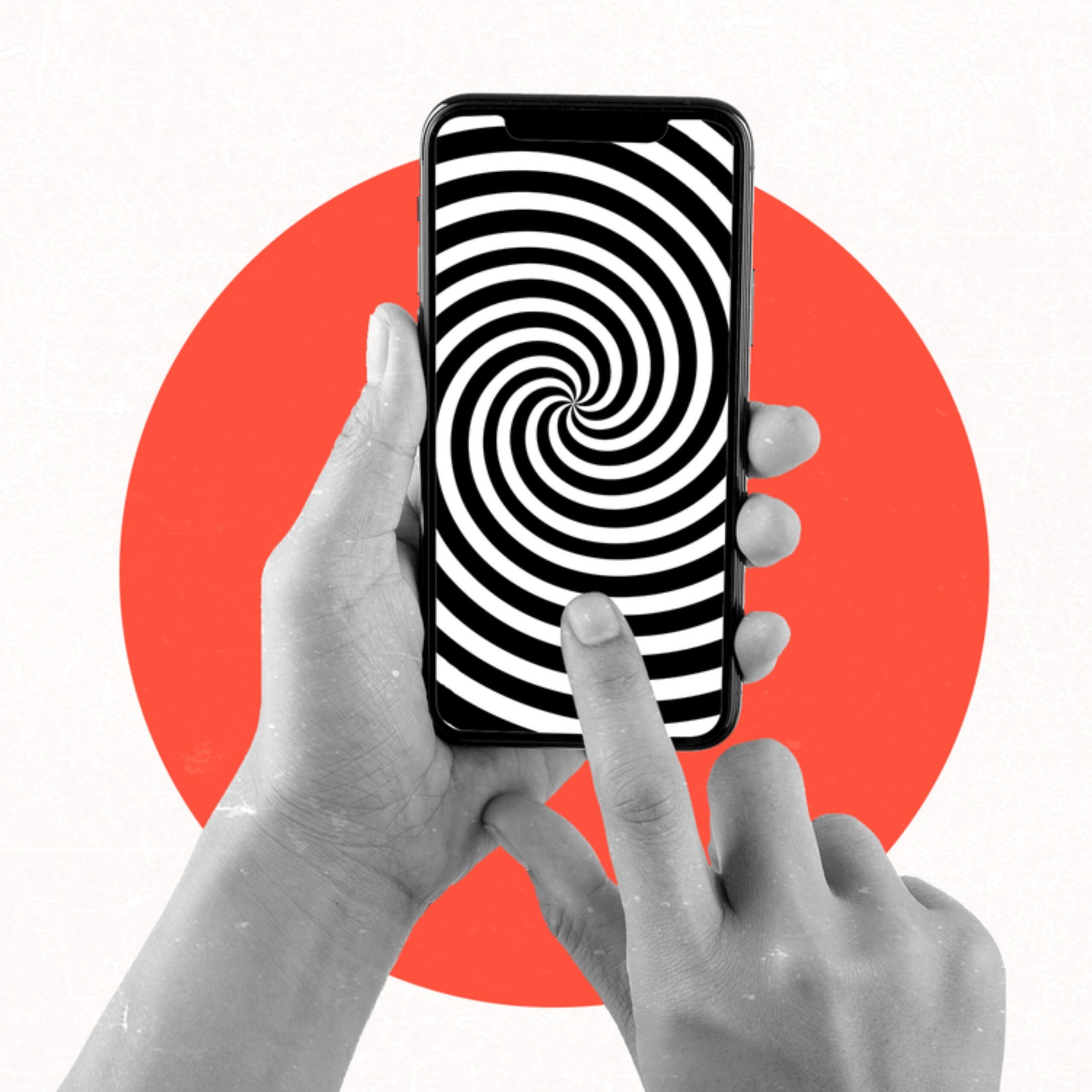In an age where free mental healthcare is readily available on a ‘For You Page’ online, it seems counterproductive that these free hacks cost most Gen Z employees their mental well-being. A 2023 survey found that 1 in 4 working professionals fall prey to the proven lure of a “social media diagnosis.” Overexposure to complex jargon coupled with lists of generalized signs and symptoms does exactly what the algorithm is designed to do—gain traction. We live in a world where 1 in 4 people online admit to self-diagnosing based on content that populated their feeds.
“While Gen Z is more proactive about understanding their mental health, self-diagnosis can lead to misconceptions and mislabeling of symptoms without proper professional input,” said Dr. Willy Wong, Executive Clinical Director at ICan-B Asia.
A community online, but alone offline
The freedom of expression on social media is arguably unbeaten. Every profile and comment online forms the backbone of a digital community. This community is available around the clock and across time zones, with empathy and anecdotes ready. Many mental health professionals agree that social media has lifted the stigmatized veil that clocked mental health in the past. But to rely solely on content online for a diagnosis “can result in overlooking critical nuances in mental health conditions,” said Dr. Wong.
When an estimated 12 billion working days are lost every year to depression and anxiety, an abundance of resources online about these mental disorders seems like a boon. However, findings suggest that only 43% of people who self-diagnosed approached a counselor for a second opinion. Thus, leaving more than half of self-diagnoses from online sources unattended.
Social media brings the world to viewers’ fingertips, recommending like-minded experiences for every opinion. When job insecurity looms at large, online spaces tend to echo speculations that validate this grimmer reality. “The Gen Z workforce is experiencing high levels of stress, materializing in growing cases of anxiety and depression,” said Dr. Wong. He added, “Burnout is also prevalent, driven by high expectations and blurred boundaries between work and personal life, particularly in remote working environments.”
The flip side of constant connectivity
Though many online argue against maintaining a work-life balance, experts advocate for a clear boundary that distinguishes one’s work and life.
In the digital age, validation has become an aching need for millions of Gen Z social media users. “Even outside of work hours, Gen Z carves the dopamine from constant connectivity,” Dr. Wong revealed. In addition to coexisting in these hyperconnected silos, negative online interactions or cyberbullying can exacerbate feelings of isolation and depression. The lack of physical connections often amplifies the pressure to “seek validation through likes and comments.”
Stress sits at the core of most mental health concerns, but it is not limited to a job or trauma. Dr. Bryan Bruno, Medical Director at Mid City, shared that “Gen Z workers experience pressure to measure their personal and professional success against idealized images online, resulting in lower self-esteem and increased stress, especially when they feel they are not meeting societal or peer expectations.” The curated nature of a social media feed is also known to stunt younger Gen Z, who experience “amplified feelings of inadequacy, social anxiety, and even isolation” due to the perfection that prevails online, according to Dr. Bruno.
1 in 7 adolescents live with a #MentalHealth condition.
Without adequate support, these conditions can have long-lasting effects on their education, relationships, and overall well-being.
We’re calling on countries to invest in effective age-appropriate mental health services… pic.twitter.com/Gj2Q2BP0GW
— World Health Organization (WHO) (@WHO) October 9, 2024
While a therapist-turned-influencer can share legitimate advice on common mental health scares in a 60-second reel on Instagram, this content does not qualify as sound counsel. The narratives we are exposed to online are always subjective, even if they come from credible names behind a screen. Just as mental well-being exists on a dynamic spectrum, so does the pulse of the algorithm that dictates your Instagram feed.






